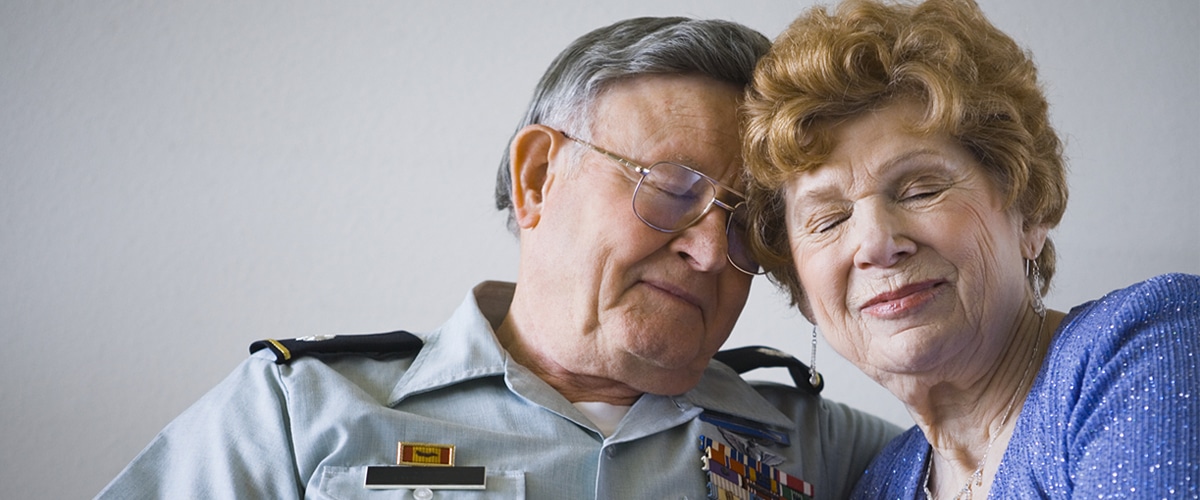By Mary Franklin
A few years ago, I formed a strong friendship with a Navy veteran. It quickly became clear that he needed substantial caregiving support because he was alone, frail, and going blind. I wanted to bring my skills and expertise as a longtime home care worker to offer him more help. But because there are limited home care options for veterans, I was unable to become his paid caregiver.
Despite my best efforts to look after my friend during my free time, it wasn’t enough. When I visited him one day this past December, I found him lying on the floor. He had fallen and injured himself, and was sent to a nursing home where he remains today. This experience, shared by thousands of military veterans and their families across the U.S., illustrates the critical need for more home care program choices.
I first met my friend through my volunteer work at the National Blinded Veterans Association. Supporting veterans is a cause dear to my heart because my son served two tours in the Army.
As I became closer with my friend, he confided in me that he wished he had an electric scooter to have more mobility, but he couldn’t afford one. So I tracked down a donated scooter and delivered it to his home.
With his new scooter, I brought him to a potluck at my church where he was warmly welcomed by everyone. As he devoured plates of barbecue, he said he hadn’t had a home-cooked meal in years, and it was one of the best moments of his life. This experience made me realize how much he desperately needed in-home personal care.
I’ve been a home care worker providing support to seniors and people with disabilities for over two decades. I really wish I could have also been a paid caregiver for my friend. But currently, many vets are unable to easily choose friends and family as their caregivers, at a time when demand for services is soaring because of the aging veteran population. There are currently eight million veterans over the age of 65 nationwide, and that number is growing.

Another factor that makes it difficult for vets to find care is the workforce shortage caused by bottom-of-the-barrel wages for caregivers. Even with all my years of experience as a home care worker, I only make $13 an hour, and I have many coworkers who make the state minimum wage of $10.50. At 66 years old, I don’t have any paid sick days or retirement savings. I have to work 60 hours a week and I’m still living paycheck to paycheck.
The Department of Veterans Affairs can help solve this crisis by creating an additional home care program, which would allow vets to choose their caregivers, and also provide support for clerical tasks like payroll.
This added option could be more centralized in order to reduce administrative expenses so resources can go toward raising wages and benefits for workers. With greater centralization, there could be standardized training for all workers specific to caring for the unique needs of veterans.
Putting vets in the driver’s seat for directing their own care and attracting workers with living wages would widen the pool of available caregivers, particularly in rural communities. Investing in home care services would also save the government millions in the long run, because there are much lower overhead costs compared to nursing homes.
After putting his life on the line for us, my friend should have received the assistance necessary to live in his own home. My heart goes out to all the veterans who are struggling to find workers to care for them. Vets urgently need expanded home care choices so they can access the services they deserve.
About Author: Mary Franklin is a veteran’s advocate and home care worker who lives in Las Vegas, Nev.
All content herein is owned by author exclusively. Expressed opinions are NOT necessarily the views of VNR, authors, affiliates, advertisers, sponsors, partners, technicians, or VT Network. Some content may be satirical in nature.
All images within are full responsibility of the author and NOT VNR.
Read Full Policy Notice - Comment Policy





























